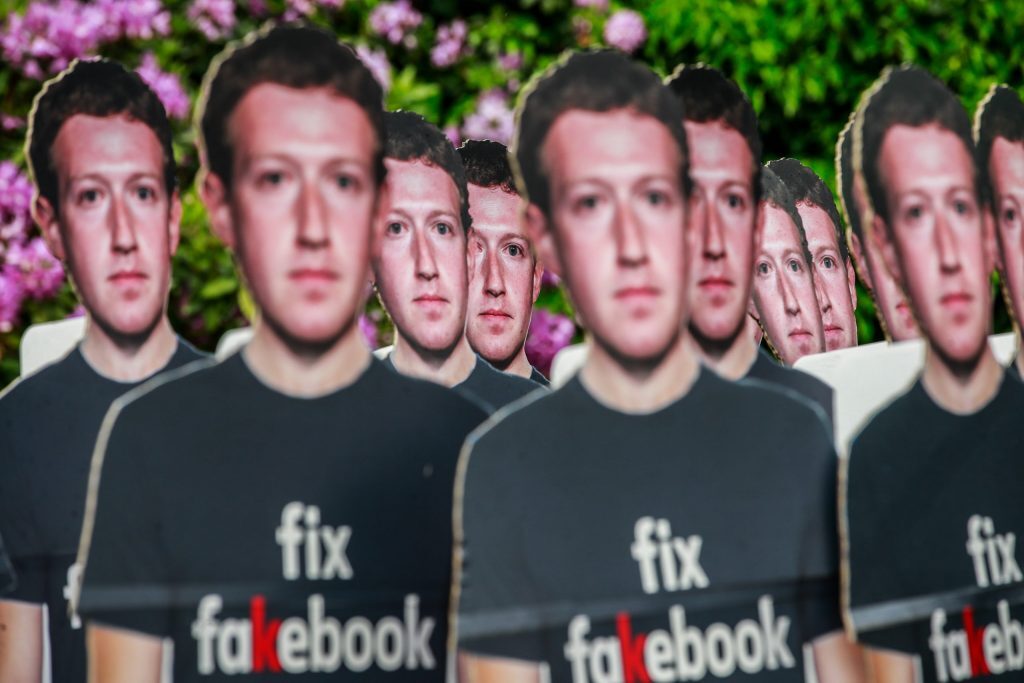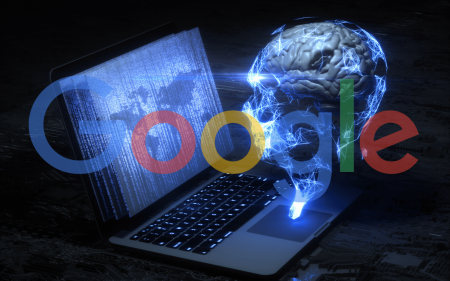The most mindboggling own goal is playing out as Facebook CEO Mark Zuckerberg refuses to ban political advertising.
Even after Twitter banned political adverts, Facebook is sticking to its guns over allowing them (including patent lies) despite this controversial category only bringing in less 1% of its revenue next year.
Zuckerberg is painstakingly defending Facebook’s bizarre policy of not fact-check adverts from politicians. “At times of social tension there has often been an urge to pull back on free expression,” he recently said. “We will be best served over the long term by resisting this urge and defending free expression.”
Over at Twitter, it’s much clearer: “We’ve made the decision to stop all political advertising on Twitter globally,” tweeted Twitter CEO Jack Dorsey. “We believe political message reach should be earned, not bought.”
Part of his reason, he tweeted, is that “A political message earns reach when people decide to follow an account or retweet. Paying for reach removes that decision, forcing highly optimized and targeted political messages on people. We believe this decision should not be compromised by money.”
Not that difficult, is it?
But not seemingly for Zuckerberg, who said during the quarterly earnings call with analysts “We estimate these ads from politicians will be less than 0.5% of our revenue next year.”
Facebook’s annual revenue grew to US$55.8bn in 2018, from $7.87bn in 2013.
In the 12 months ending Q3 2019, Facebook earned $66bn.
Half a percent would be about $330m to $400m for Facebook, which now has 2.45bn monthly users. Why all the sweat over such little revenue?
The main rationale, most commentators suggest, is that Facebook doesn’t want to upset the right-wing lawmakers, who it fears most and many of whom are in the US government and might vote against it in inevitable anticompetition hearings.
I’m certainly not buying Zuckerberg’s argument that instead of banning political adverts, they should be more clearly labelled. As you read this quote, it’s easy to notice how seemingly out of touch with reality he might be, unless I’ve lost my nose for irony: “I believe that the better approach is to work to increase transparency. Ads on Facebook are already more transparent than anywhere else. We have a political ads archive so anyone can scrutinize every ad that’s run.”
Firstly, nobody reads the fine print in adverts, about where they are from. Secondly, so transparent that the Leave campaign in the UK broke electoral rules over funding.
As Observer journalist Carole Cadwalladr, who broke the Cambridge Analytica story, said in her powerful TED speech earlier this year: “This was the biggest electoral fraud in Britain for a hundred years, in a once-in-a-generation vote that hinged on just 1% of the electorate”.
Namechecking the “gods of Silicon Valley” – Zuckerberg, Sheryl Sandberg, Google founders Larry Page and Sergey Brin, and Dorsey – she said, “what the Brexit vote demonstrates is that liberal democracy is broken, and you broke it”.
Luckily elections in South Africa aren’t as dependent on social media as they are in the US, where over half of the adult population get their news on Facebook. But that’s won’t last forever.
This column first appeared in Financial Mail




